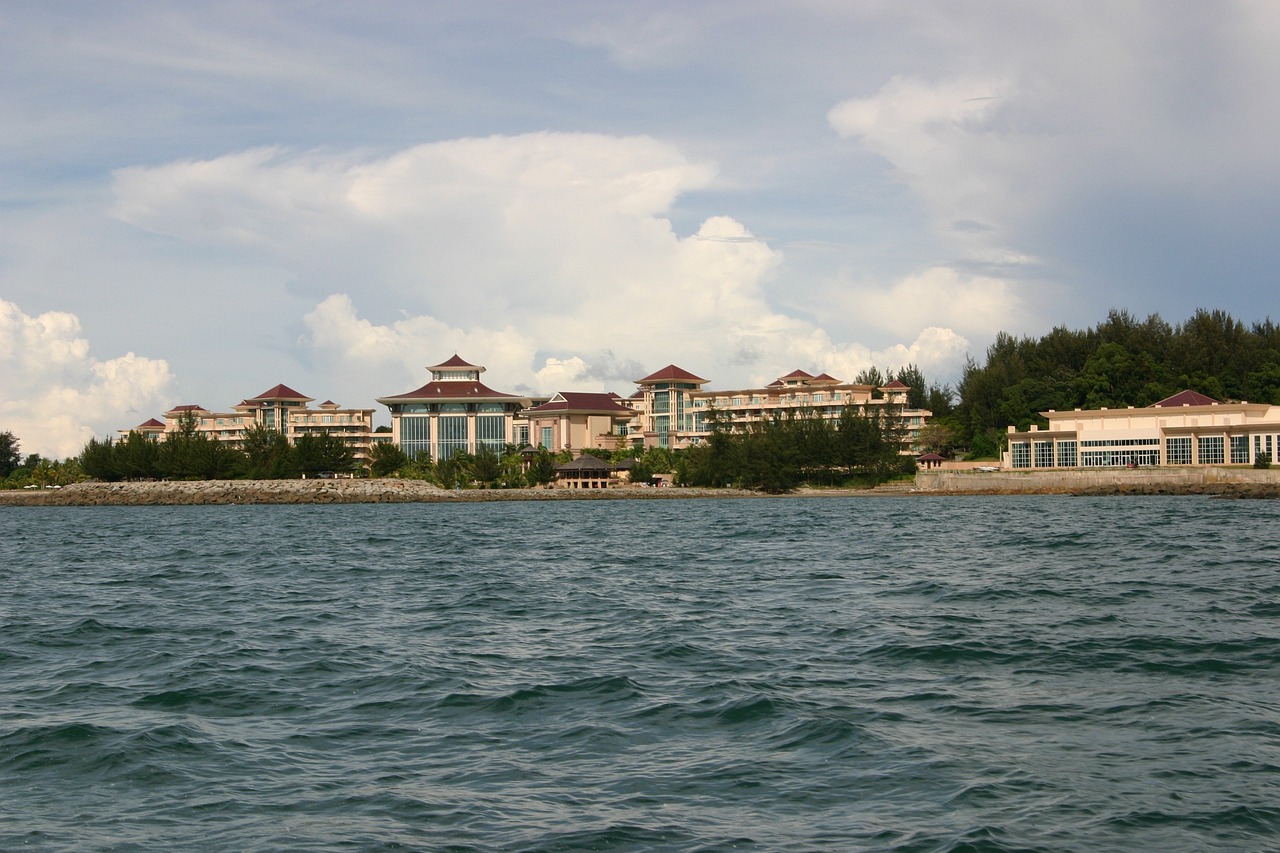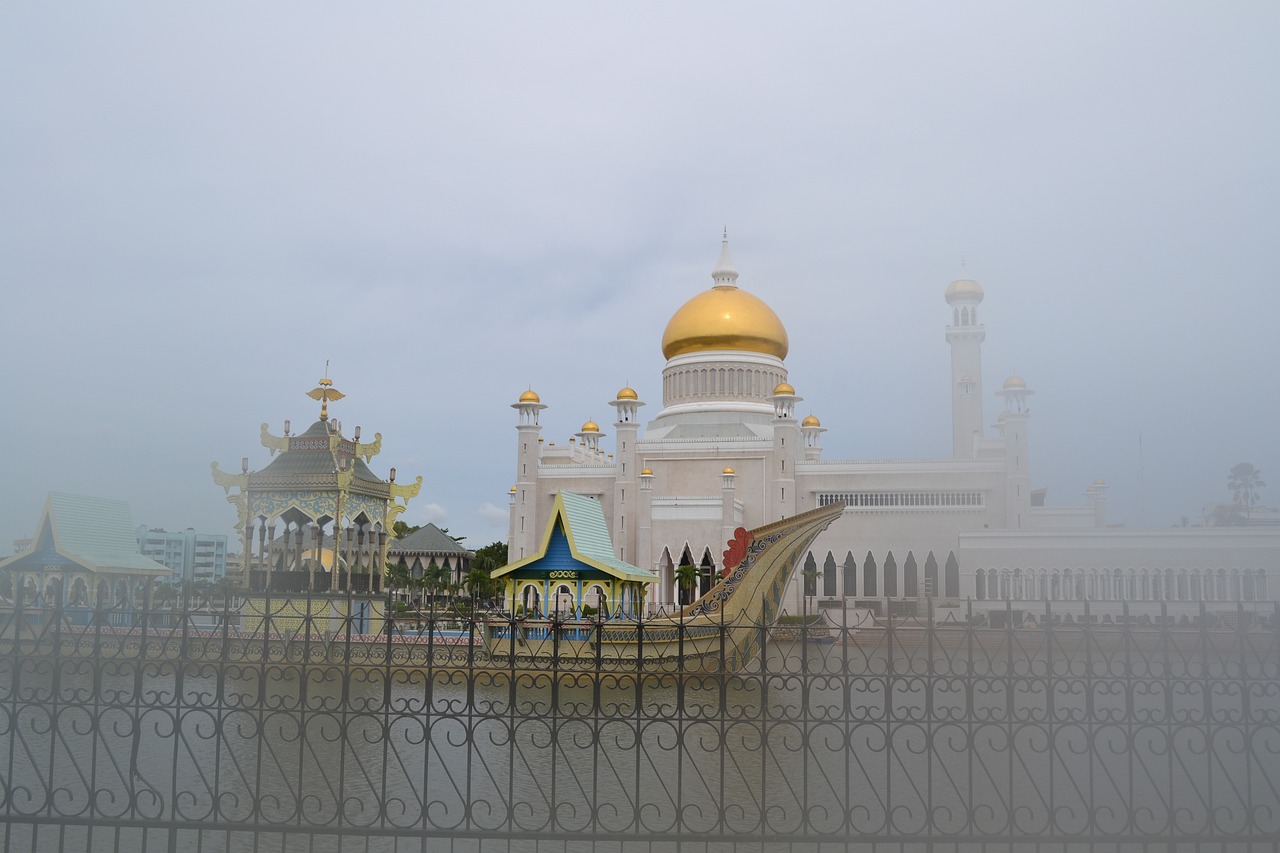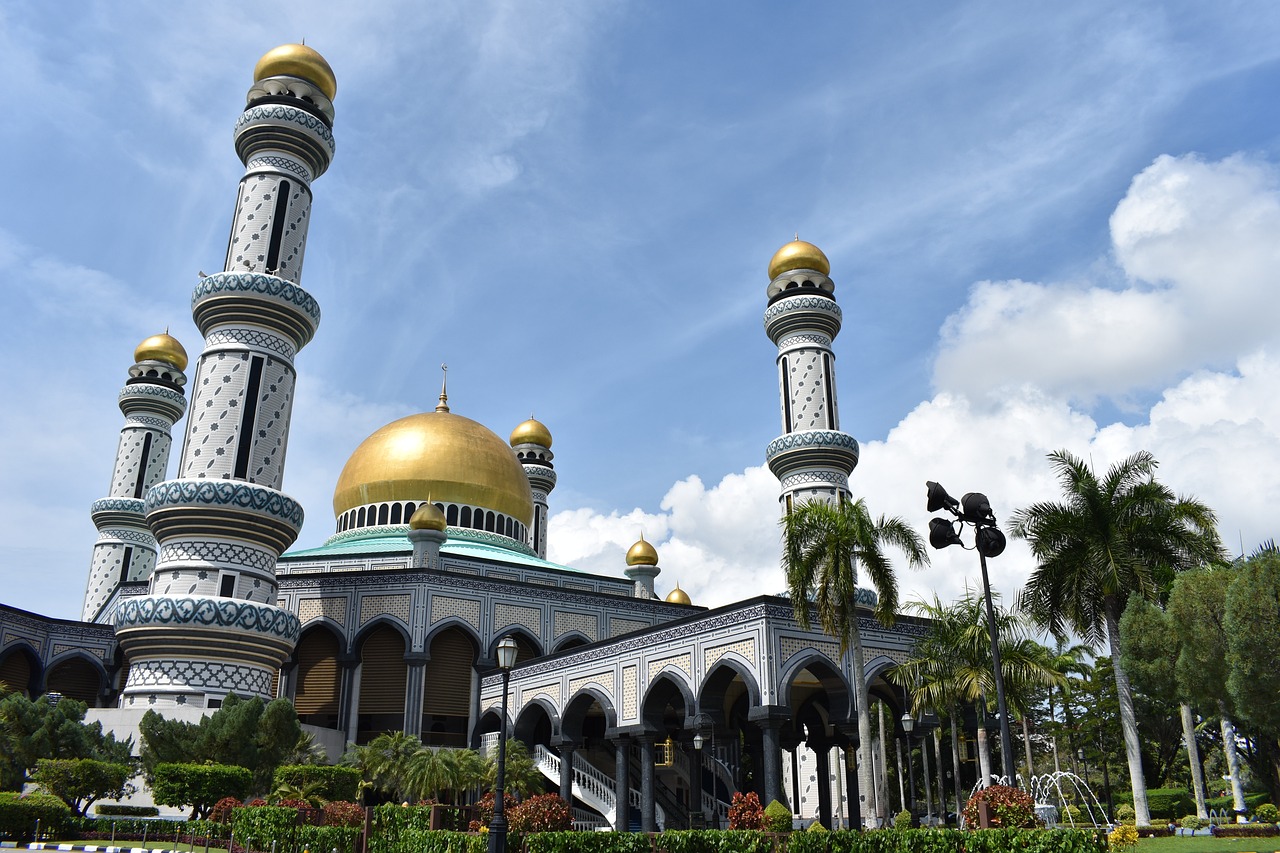Language and Communication: Overcoming Barriers in Brunei
Language and communication play a crucial role in our everyday lives, helping us express our thoughts, ideas, and emotions. In a diverse country like Brunei, where multiple languages are spoken, overcoming language barriers becomes essential to ensure effective communication. This article explores the challenges faced in language and communication in Brunei and the strategies employed to overcome these barriers.
Section 1: Multilingual Society of Brunei
Brunei is a multilingual society with Malay as the official language. However, English is widely spoken and serves as the primary language of business, education, and government. Additionally, various indigenous languages are spoken by different ethnic groups, including Dusun, Iban, and Chinese dialects. This linguistic diversity poses both challenges and opportunities for communication.
- Malay: Malay, also known as Bahasa Melayu, is the national language of Brunei. It is widely spoken and understood by the majority of the population. Malay serves as the medium of instruction in schools and is the official language for government affairs.
- English: English is widely used in Brunei and is considered the second language. It is taught in schools and used in various professional settings. English proficiency is relatively high among Bruneians, enabling effective communication with international visitors and businesses.
- Indigenous Languages: Brunei is home to several indigenous languages spoken by different ethnic groups. These languages, such as Dusun, Iban, and Chinese dialects, are primarily spoken within their respective communities and contribute to the linguistic diversity of the country.
Section 2: Language Barriers in Brunei
Despite the multilingual nature of Brunei, language barriers can still arise in various contexts. These barriers can hinder effective communication and create misunderstandings. The following are some common language barriers faced in Brunei:
- Dialect Differences: Different dialects within a language can pose challenges in understanding. For example, the Chinese community in Brunei speaks various Chinese dialects, which can result in communication difficulties with individuals from other ethnic groups.
- Limited Language Proficiency: Not everyone in Brunei is equally proficient in English or Malay. Some individuals may struggle with fluency or vocabulary, making it challenging to express themselves or understand others.
- Cultural Nuances: Language is deeply intertwined with culture, and understanding cultural nuances is crucial for effective communication. Misinterpretations of cultural cues and idiomatic expressions can lead to misunderstandings.
Section 3: Overcoming Language Barriers in Brunei
Brunei recognizes the importance of overcoming language barriers to promote effective communication and social cohesion. Various strategies and initiatives have been implemented to address these challenges:
- Bilingual Education: Brunei’s education system emphasizes bilingualism, with Malay and English as the main languages of instruction. This approach aims to develop students’ proficiency in both languages, enabling them to communicate effectively in different settings.
- Language Classes: Language classes and courses are available to improve language skills, particularly in English and Malay. These classes cater to individuals of all ages and backgrounds, helping them enhance their language proficiency.
- Translation and Interpretation Services: Government agencies, businesses, and organizations provide translation and interpretation services to bridge language gaps. These services ensure that information is accessible to individuals who may not be fluent in a particular language.
Brunei Image 1:

Section 4: Cultural Sensitivity in Communication
Cultural sensitivity is crucial in overcoming language barriers in Brunei. Understanding and respecting cultural norms and practices can help facilitate effective communication. Some key aspects of cultural sensitivity include:
- Greetings and Etiquette: Bruneians value respectful greetings and proper etiquette. Understanding traditional greetings and customs can help establish rapport and build positive relationships.
- Non-Verbal Communication: Non-verbal cues, such as body language and facial expressions, can differ across cultures. Being mindful of these differences can prevent misinterpretations and foster clearer communication.
- Religious Considerations: Brunei has a predominantly Muslim population, and Islamic values influence communication practices. Being aware of religious sensitivities can prevent unintentional offense and promote respectful dialogue.
Section 5: Technology and Communication
Technology plays a vital role in overcoming language barriers in Brunei. The widespread use of communication tools and platforms has facilitated effective communication across languages. Some technological advancements include:
- Translation Apps: Mobile applications and software that offer real-time translation have become increasingly popular. These apps enable individuals to communicate in different languages by translating spoken or written text.
- Video Conferencing: Video conferencing platforms allow individuals from different locations to communicate face-to-face, overcoming geographical barriers. These platforms often provide language interpretation services to facilitate multilingual conversations.
- Online Language Resources: The internet offers a wealth of language-learning resources, including online courses, tutorials, and language exchange platforms. These resources enable individuals to improve their language skills at their own pace.
Brunei Image 2:

Section 6: Importance of Effective Communication
Effective communication is crucial for various aspects of life in Brunei. It facilitates:
- Business Relations: Clear communication is essential for successful business transactions and collaborations. It helps build trust, negotiate effectively, and understand customers’ needs.
- Educational Opportunities: Effective communication in education ensures that students can understand and engage with their teachers and peers. It promotes a conducive learning environment and enhances academic success.
- Social Integration: Overcoming language barriers fosters social integration and inclusivity. It allows individuals from different linguistic backgrounds to connect, share experiences, and build strong communities.
Section 7: Interpreting and Translation Services
To facilitate effective communication, Brunei has a range of interpreting and translation services available. These services help bridge language gaps in various settings, including:
- Government Agencies: Government agencies provide interpreting and translation services to ensure that individuals can access public services and understand official information and documents.
- Healthcare: Hospitals and clinics offer interpreting services to assist patients who may not speak the local language. This ensures accurate communication between medical professionals and patients, leading to better healthcare outcomes.
- Legal Proceedings: Courts and legal institutions provide interpreting services to ensure fair proceedings for individuals who do not speak the language of the court.
Section 8: Sign Language in Brunei
Sign language plays a significant role in facilitating communication for the deaf community in Brunei. The Brunei Darussalam National Association of the Deaf (BDNAD) promotes sign language education and advocates for the rights of the deaf community. Sign language interpreters are available in various settings, including educational institutions, healthcare facilities, and public events.
Brunei Image 3:

Section 9: Cultural Exchange Programs
Cultural exchange programs provide opportunities for individuals to immerse themselves in different languages and cultures. These programs foster mutual understanding and language acquisition through:
- Student Exchange: Educational institutions organize student exchange programs, allowing students to study abroad and experience different cultures firsthand. This exposure enhances language skills and promotes intercultural communication.
- Language Immersion Programs: Language immersion programs provide intensive language learning experiences by surrounding participants with native speakers. These programs enhance fluency and cultural understanding.
- International Events: Brunei hosts international events, conferences, and festivals that attract participants from diverse backgrounds. These events provide opportunities for cultural exchange and language practice.
Section 10: Brunei’s Language Policies
Brunei has implemented language policies to promote language proficiency and effective communication. These policies include:
- National Language Policy: Malay is the national language of Brunei and serves as the medium of instruction in schools. This policy aims to preserve and promote the national language.
- Bilingualism in Education: Brunei’s education system emphasizes bilingualism, with Malay and English as the main languages of instruction. This policy aims to develop students’ proficiency in both languages.
- Language Preservation: Brunei recognizes the importance of preserving indigenous languages. Efforts are made to document and promote these languages to ensure their survival.
Section 11: Language Learning Resources
Numerous language learning resources are available in Brunei to support individuals in their language acquisition journey. These resources include:
- Language Schools and Institutes: Language schools and institutes offer structured language courses for various languages, including English, Malay, and indigenous languages.
- Online Language Platforms: Online platforms provide interactive language courses, tutorials, and language exchange opportunities. These platforms offer flexibility and cater to learners of all levels.
- Community Language Centers: Community language centers provide language classes and resources, focusing on specific languages spoken within the community.
Section 12: Conclusion
Language and communication barriers can pose challenges in a diverse country like Brunei. However, through initiatives such as bilingual education, cultural sensitivity, and technological advancements, Bruneians are actively working towards overcoming these barriers. Effective communication promotes social integration, educational opportunities, and business relations, contributing to a harmonious and inclusive society in Brunei.
References
– Brunei Tourism: www.bruneitourism.com
– Ministry of Education, Brunei Darussalam: www.moe.gov.bn
– Brunei Darussalam National Association of the Deaf: www.bdnad.org.bn
– Language Centre, Universiti Brunei Darussalam: www.languagecentre.ubd.edu.bn

